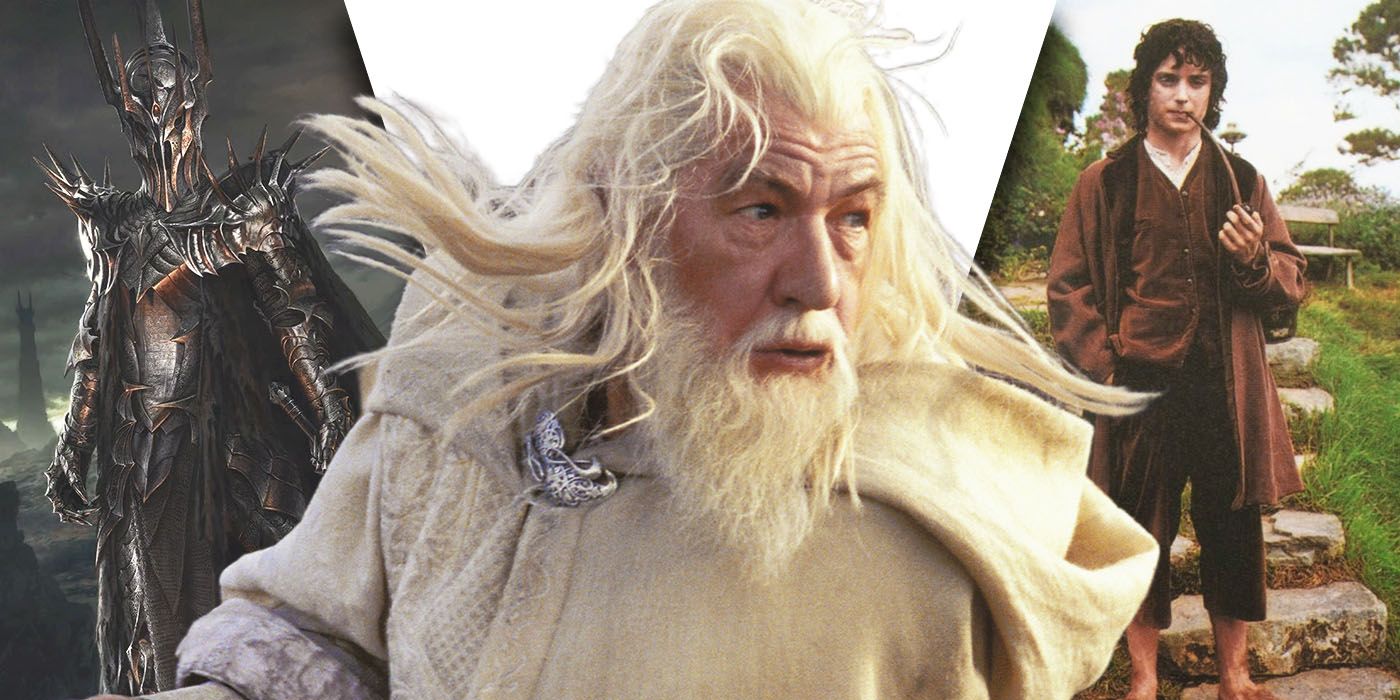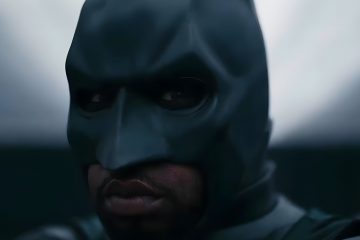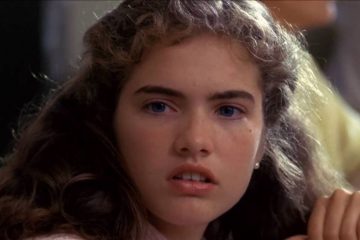Most of The Lord of the Rings’ heroes were excellent warriors. The likes of Aragorn, Legolas, Gimli, Gandalf, and Boromir cut down countless Orcs and other monsters over the course of the War of the Ring; even the hobbits engaged in some fighting. Despite this, the story did not glorify bloodshed. J. R. R. Tolkien’s novel often skipped over the specific details of its many battles, focusing instead on the devastating aftermath. Tolkien was a veteran of World War I, and he lost many of his closest friends to the conflict, so he knew that war was not as glorious as the ancient legends he loved so much made it seem.
Peter Jackson’s film adaptations put more emphasis on fight scenes and pulse-pounding action, but they still did not glorify violence for the sake of violence. Two of the main themes in The Lord of the Rings were mercy and pity. Even when they were tempted, the heroes did not kill their enemies other than in the heat of battle — aside from the Mouth of Sauron in the extended edition of The Lord of the Rings: The Return of the King. The destruction of the One Ring was only possible because Bilbo, Frodo, and Sam sympathized with those who opposed them and chose the path of nonviolence. Gandalf played a major part in instilling these virtues in Frodo, which was one of his most important actions in the story.
Frodo and Gandalf discussed this event early in The Lord of the Rings. In the chapter “The Shadow of the Past” from The Fellowship of the Ring, Frodo believed that Gollum deserved death and said Bilbo should have killed him all those years ago. Gandalf replied with one of the most important quotes from Tolkien’s entire legendarium:
Most of The Lord of the Rings‘ heroes were excellent warriors. The likes of Aragorn, Legolas, Gimli, Gandalf, and Boromir cut down countless Orcs and other monsters over the course of the War of the Ring; even the hobbits engaged in some fighting. Despite this, the story did not glorify bloodshed. J. R. R. Tolkien’s novel often skipped over the specific details of its many battles, focusing instead on the devastating aftermath. Tolkien was a veteran of World War I, and he lost many of his closest friends to the conflict, so he knew that war was not as glorious as the ancient legends he loved so much made it seem.
Peter Jackson’s film adaptations put more emphasis on fight scenes and pulse-pounding action, but they still did not glorify violence for the sake of violence. Two of the main themes in The Lord of the Rings were mercy and pity. Even when they were tempted, the heroes did not kill their enemies other than in the heat of battle — aside from the Mouth of Sauron in the extended edition of The Lord of the Rings: The Return of the King. The destruction of the One Ring was only possible because Bilbo, Frodo, and Sam sympathized with those who opposed them and chose the path of nonviolence. Gandalf played a major part in instilling these virtues in Frodo, which was one of his most important actions in the story.
Frodo and Gandalf discussed this event early in The Lord of the Rings. In the chapter “The Shadow of the Past” from The Fellowship of the Ring, Frodo believed that Gollum deserved death and said Bilbo should have killed him all those years ago. Gandalf replied with one of the most important quotes from Tolkien’s entire legendarium:
#Gandalfs #Important #Lesson #Frodo #Lord #Rings
Note:- (Not all news on the site expresses the point of view of the site, but we transmit this news automatically and translate it through programmatic technology on the site and not from a human editor. The content is auto-generated from a syndicated feed.))



